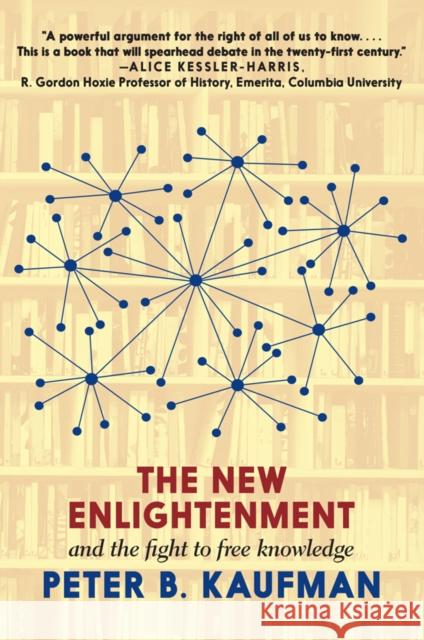The New Enlightenment and the Fight to Free Knowledge » książka
topmenu
The New Enlightenment and the Fight to Free Knowledge
ISBN-13: 9781644210604 / Angielski / Miękka / 2021 / 256 str.
Kategorie:
Kategorie BISAC:
Wydawca:
Seven Stories Press,U.S.
Język:
Angielski
ISBN-13:
9781644210604
Rok wydania:
2021
Ilość stron:
256
Waga:
0.29 kg
Wymiary:
20.83 x 13.72 x 2.03
Oprawa:
Miękka
Wolumenów:
01
Dodatkowe informacje:
Bibliografia











